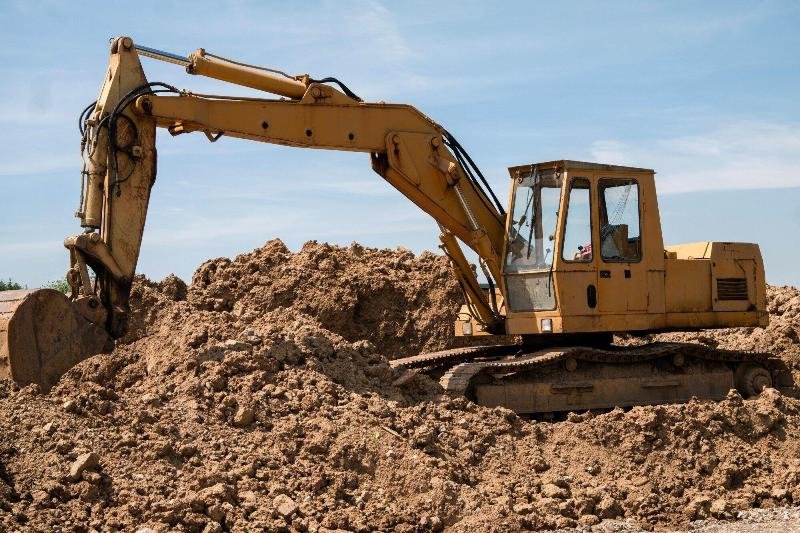Starting an excavation project can be exciting, but also be stressful if you are not prepared. Whether you are building a new home, installing utilities, or working on a commercial project, getting excavation right from the beginning is key. A good start saves time, money, and prevents problems later.
In this article, we’ll cover the best practices for a smooth excavation construction project, including tips for site prep and beyond.
Understand the Project Scope
Before the first shovel hits the ground, you need a clear understanding of the project. Take time to review the plans carefully. Know exactly what needs to be excavated and why.
Questions to ask:
- What is the depth and size of the excavation?
- Are there utilities underground?
- What is the soil type?
Having these answers early helps avoid delays and surprises once the work begins.
Get the Right Permits
Permits are not just paperwork- they are necessary for a legal and safe project. Every county has rules about excavation. You may need different permits depending on your project size and location.
Before starting, check with your local government office. They can tell you what you need and how to apply. Starting work without the right permits can cause expensive fines and project delays.
Prioritize Site Preparation
Proper site prep is critical for a successful excavation. This step involves clearing trees, removing rocks, and leveling the ground.
When doing site prep in Flathead County, for example, you also have to think about drainage and erosion control. Flathead’s weather can be unpredictable, so preparing for heavy rains or snowmelt is a must.
Hire Experienced Professionals
Excavation might seem simple- dig a hole and move dirt- but it’s much more complex. Hiring experienced excavation contractors can save you a lot of headaches.
Professionals will know how to handle unexpected issues like finding old utility lines or hitting groundwater. They also have the right equipment for the job, which speeds up the process.
Use the Right Equipment
Using the correct type of heavy equipment is essential for a safe and effective excavation. Choosing the wrong machine can slow the project and even damage the site. Common excavation equipment includes:
- Backhoes
- Bulldozers
- Excavators
- Skid steers
A skilled contractor will know what tools are needed for your specific project. If you are doing a smaller project on your own, renting the right equipment from a local supplier is a good option.
Watch the Weather
Weather plays a big role in excavation projects. Rain, snow, and freezing temperatures can all slow down work and damage the site.
Before starting, check the weather forecast. Try to schedule excavation during dry periods. If wet weather can’t be avoided, make sure your site prep includes proper drainage to prevent mud and water issues.
Communicate Clearly
Clear communication between everyone involved- contractors, inspectors, and property owners- is key to avoiding mistakes. Regular updates, site meetings, and simple checklists help keep everyone on the same page.
If a problem comes up, address it quickly. Waiting too long can cause small issues to become big delays.
Set the Stage for Success
Starting an excavation project the right way takes planning, teamwork, and the right resources. By understanding the project scope, getting permits, focusing on strong site prep, hiring skilled professionals, and keeping an eye on safety, you set the stage for a smooth and successful build. Good preparation today can prevent big problems tomorrow.
Looking for more? Well, you’ve come to the right place. Our blog is a treasure trove of insights- dig in


